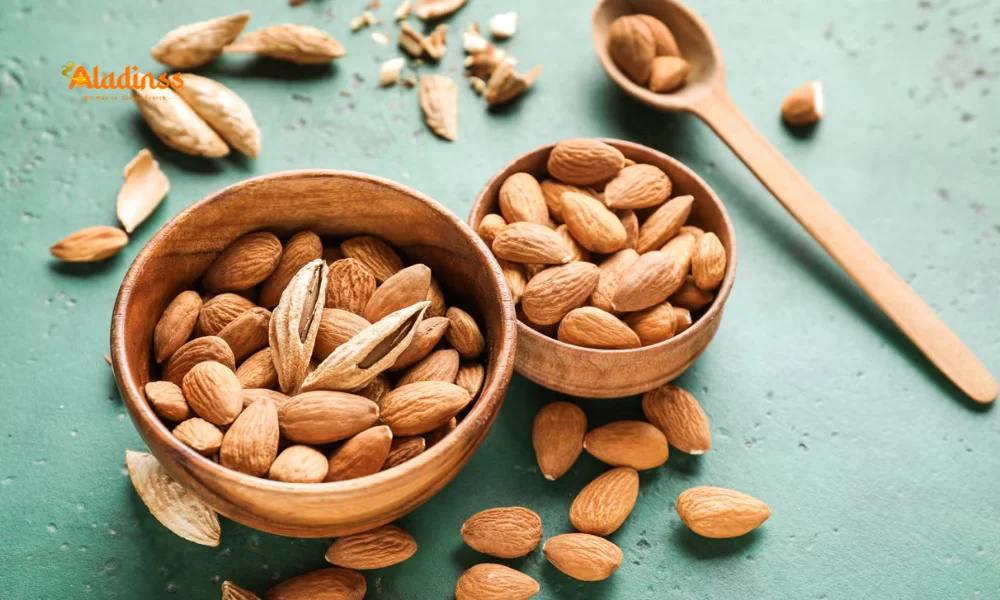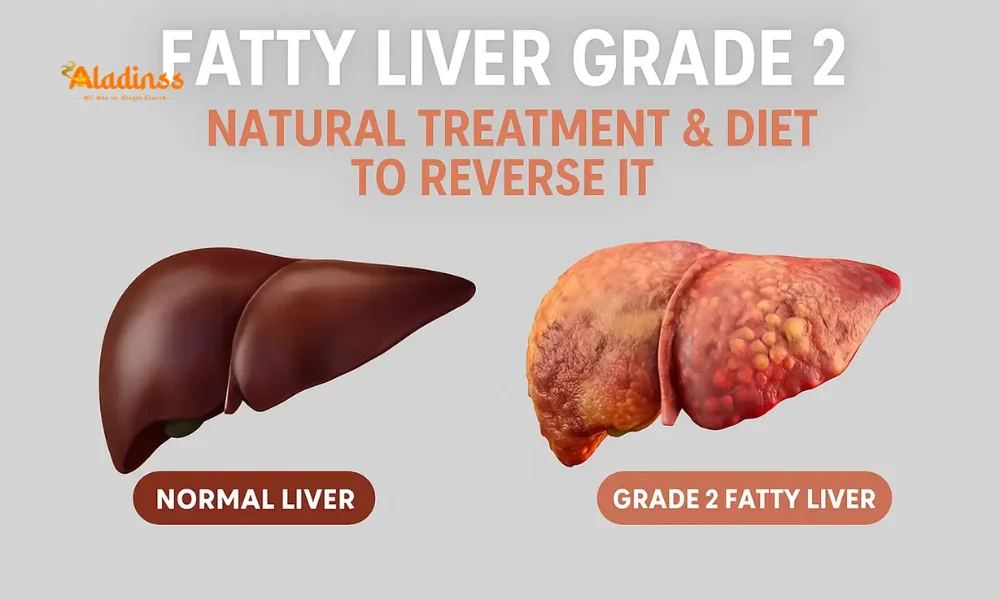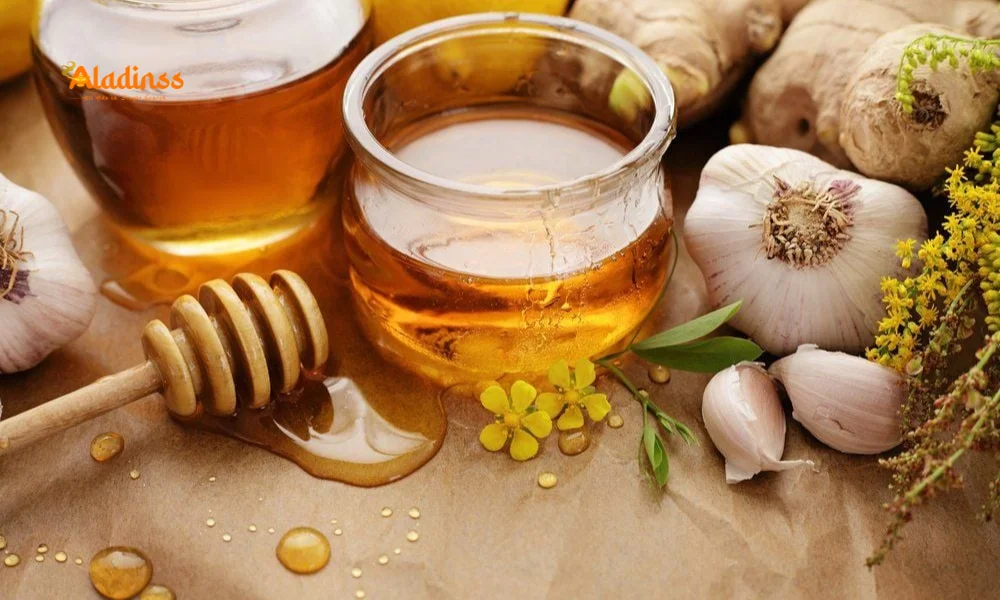Guava vs. Gooseberry: Which Has More Vitamin C?
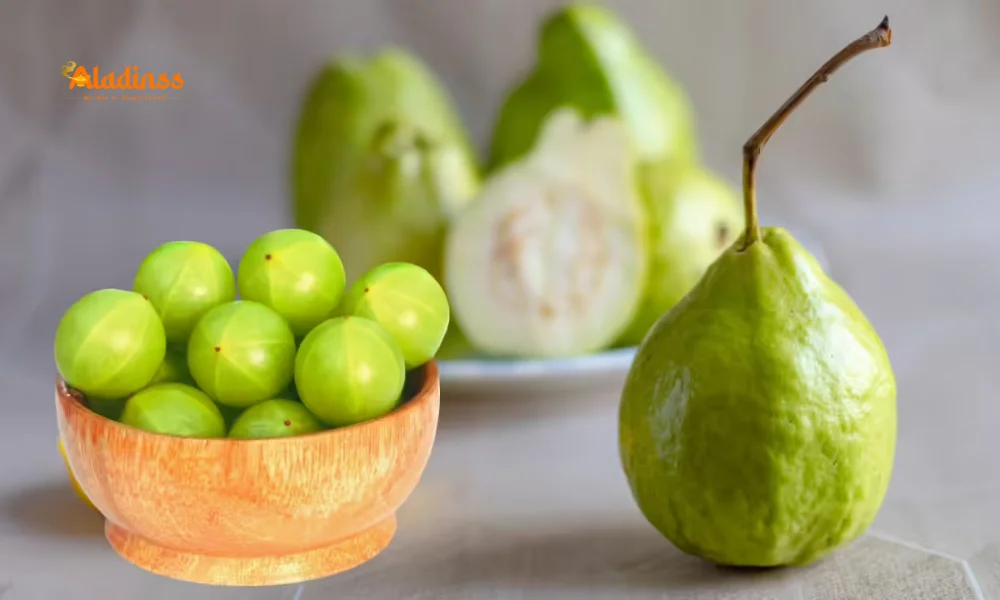
Guava vs. Gooseberry: Which Has More Vitamin C?
When it comes to winter superfoods, guava and gooseberry (also known as amla) stand out for their incredible nutritional profiles. Both fruits are packed with vitamin C, antioxidants, and other essential nutrients, making them staples in traditional medicine and modern diets. But which fruit takes the crown for vitamin C content, and which offers superior health benefits? This article dives into a detailed comparison of guava vs. gooseberry, exploring their vitamin C levels, immune-boosting properties, digestive benefits, and impacts on blood sugar and heart health to help you decide which is the healthier choice.
Nutritional Breakdown: Guava vs. Gooseberry
Both guava and gooseberry are nutrient powerhouses, but their vitamin C content is a key point of comparison. Guava is a vitamin C-rich fruit, delivering over 200% of the daily recommended intake in a single fruit (approximately 125–150 mg per 100 grams). It’s also high in dietary fiber, potassium, and antioxidants like lycopene, which support heart health and digestion.
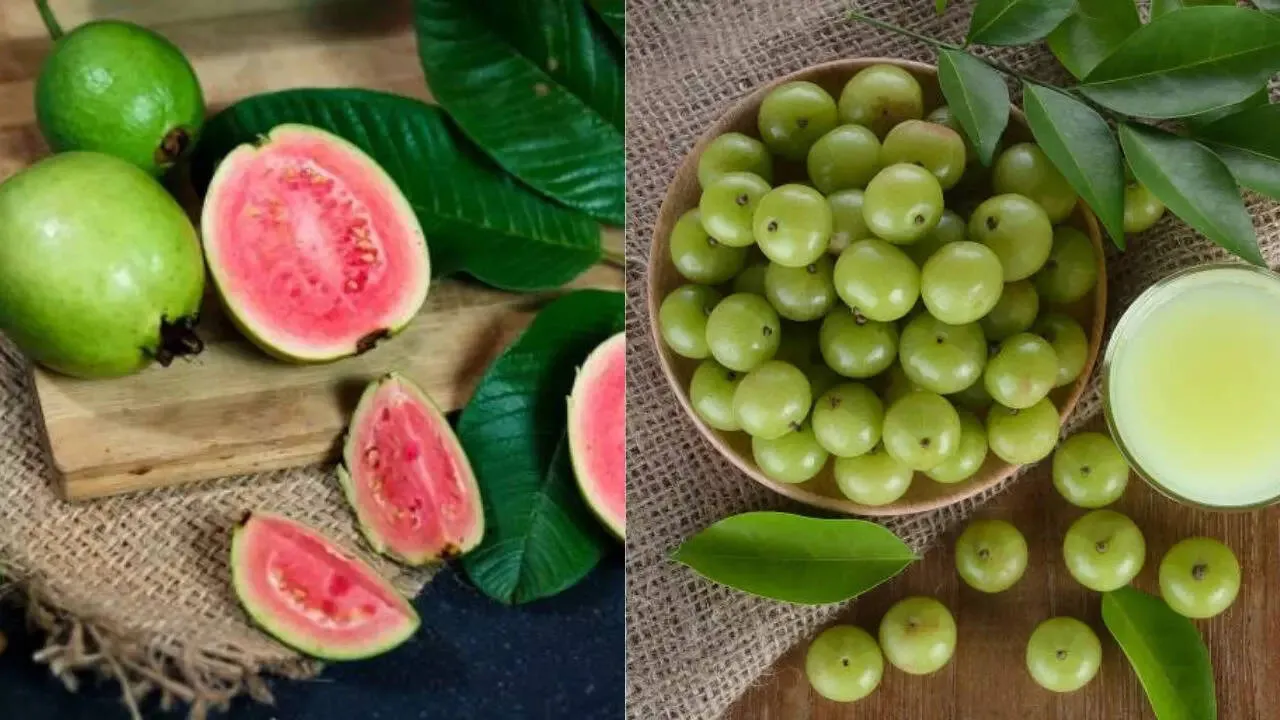
Gooseberry, or amla, is a vitamin C superstar, containing 600–700 mg of vitamin C per 100 grams—significantly more than guava. Beyond vitamin C, gooseberries offer iron, calcium, and potent antioxidants like tannins and flavonoids, which aid in detoxification and combat oxidative stress. Gooseberry clearly leads in vitamin C content, making it a top choice for boosting immunity and overall health.
- Guava: 125–150 mg vitamin C per 100 grams, plus fiber and potassium.
- Gooseberry: 600–700 mg vitamin C per 100 grams, with iron and antioxidants.
Also Read: Drinks to Avoid to Lose Belly Fat Fast
Immunity and Overall Health Benefits
Both fruits excel at boosting immunity due to their high vitamin C content. Guava’s vitamin C enhances immune function, protects cells from free radical damage, and supports collagen production for healthy skin. Its antioxidants also contribute to overall wellness by reducing inflammation and promoting heart health.
Gooseberry goes a step further with its detoxifying properties. Its antioxidants, including tannins, help flush toxins from the body, support liver health, and improve digestion. The anti-inflammatory properties of gooseberry may also reduce the risk of chronic conditions like arthritis and diabetes, making it a versatile superfood for long-term health.
- Guava: Boosts immunity and supports skin health with vitamin C and antioxidants.
- Gooseberry: Enhances immunity, detoxifies, and fights inflammation.
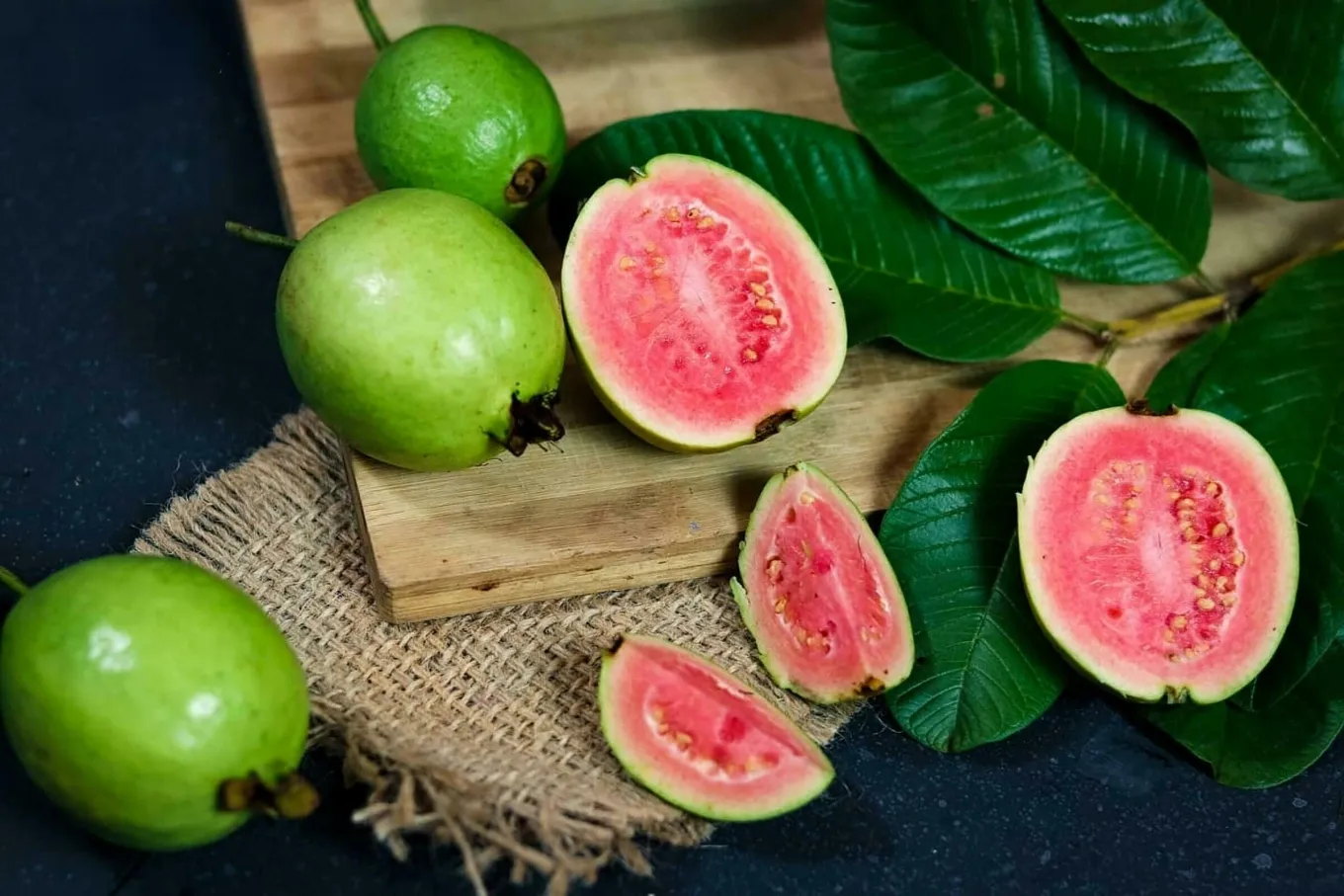
Digestive Health: Which Fruit Wins?
Guava is a fiber-rich fruit, making it excellent for digestive health. Its high dietary fiber content helps prevent constipation, promotes regular bowel movements, and supports a healthy gut microbiome. Guava seeds, when consumed, act as a natural laxative, further aiding digestion.
Gooseberry, widely used in Ayurvedic medicine, is renowned for soothing the digestive system. It helps manage acidity, regulates bowel movements, and stimulates digestive enzyme production. Amla is also effective for treating indigestion and diarrhea, offering a calming effect on the gut.
- Guava: High fiber content prevents constipation and supports gut health.
- Gooseberry: Calms acidity and promotes digestive enzyme activity.
Blood Sugar and Heart Health Benefits
Guava is a diabetes-friendly fruit with a low glycemic index, which slows sugar absorption into the bloodstream. A 2016 study found that consuming guava without the skin significantly lowers blood sugar levels. Its potassium and magnesium content also supports heart health by regulating blood pressure and cholesterol.
Gooseberry is equally beneficial for blood sugar control, improving insulin sensitivity and reducing glucose levels. Its high vitamin C and antioxidant content strengthen blood vessels and improve cholesterol profiles, offering additional cardiovascular benefits. Gooseberry’s cholesterol-lowering properties give it a slight edge for heart health.
- Guava: Low glycemic index and heart-healthy nutrients.
- Gooseberry: Enhances insulin sensitivity and cholesterol management.
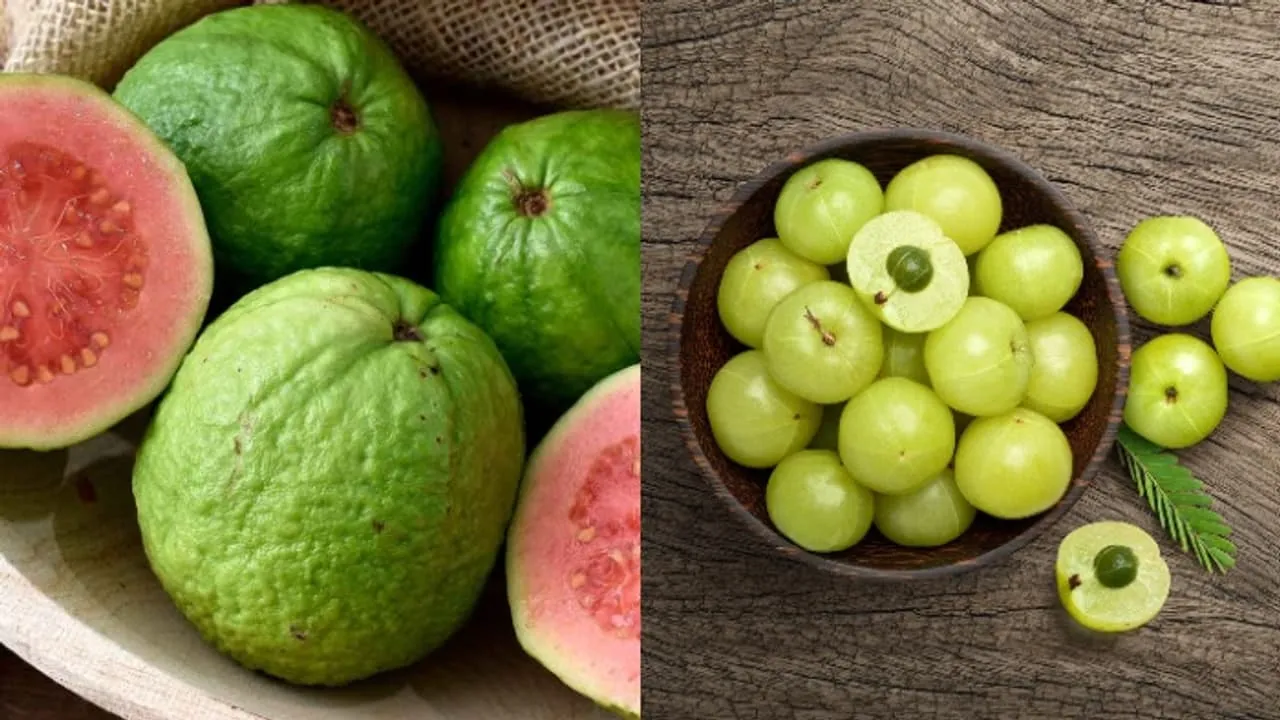
Which Fruit Should You Choose?
When comparing guava vs. gooseberry for vitamin C, gooseberry is the clear winner, offering 600–700 mg per 100 grams compared to guava’s 125–150 mg. Its higher antioxidant content, detoxifying properties, and cholesterol-lowering benefits make it a superior choice for overall health, especially for immunity and heart health. However, guava shines for digestive health due to its fiber content and is a great option for those managing blood sugar with a tasty, accessible fruit.
Both fruits are excellent additions to a healthy diet. Incorporate guava for its fiber and heart benefits, and add gooseberry for its unmatched vitamin C and detox properties. Combining both can maximize your nutritional intake and support long-term wellness.
Comment / Reply From
No comments yet. Be the first to comment!
